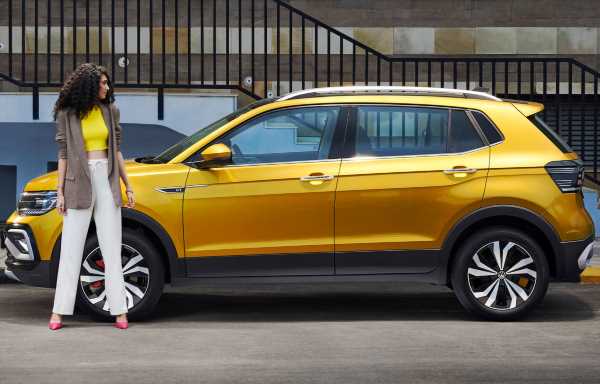‘We can only promise we have not lost interest.’
Klaus Zellmer, member of the board of management of the Volkswagen Passenger Cars brand with responsibility for sales, marketing, and after sales, tells Pavan Lall that India remains a focused part of VW’s strategy and the company is looking to bring in later a mainstream electric vehicle.
Give us a sense of how your strategy is working for VW in India and if there’s any change in plans, given the pandemic?
I don’t think there’s any shift due to the pandemic, but we have to manage all its side effects like the semiconductor crisis.
But the strategy is set to lead us into the long-term future in India, which we define as India 2.0.
The first big step is the Taigun, which we are proud of because it’s ‘local for local’, produced in India for India and with it we want to come back from the sales deterioration seen in the past.
With Skoda leading the way and given that India is going to possibly take number three spot in the world as a market, we as a group are going to be part of that.
You’ve gotten on board at VW after having led Porsche in global markets at a critical juncture because India is a complex auto market with its mix of everything (ICE, hybrid, EV)?
We are in the market with electric vehicles ID3, ID4, and ID5 set to be shown later this year.
So that lineup is more upmarket in terms of price and target groups.
Electrification in India reaching a tipping point later than in Europe, and 70 per cent of sales in Europe being battery-electric by 2030.
India, with its FAME (Faster Adoption and Manufacturing of Electric Vehicles) programme, will have a similar path and we will get into that battery-electric direction by the later part of this decade with a reasonable offer.
Will exports also be a strong part of your strategy, given that the Taigun is likely to be priced competitively?
We are contemplating that and it could be a car for Mexico.
First of all, it will be “local for local” and the potential for export will be seen in possibly sub-Sahara markets and Mexico.
Skoda and VW in India have seen a historic shuffle and then reshuffle in terms of being positioned first to Indian consumers. So how does that stand now?
Competition in the same family leads to customer benefit.
And we don’t mind that because our platform strategy provides scale and quality and in India there’s a clear umbrella strategy where Skoda is wearing the hat.
Volkswagen, with all the brand positioning, is an important part of that.
It is like brothers and sisters and in this case and in this market, the sister wears the bigger hat.
The opposite constellation you can see in China, where VW is clearly wearing the hat and in the lead there.
I know India has been a challenge and would like to thank those loyal to the brand and can only promise we have not lost interest.
We have put our cars into third and fourth gear.
Is the market here ready for more of your cars that you sell worldwide? How long do you see the SUV trend going?
We have to be aware that we find the right cars for the right customers because the customer here is demanding and price-sensitive.
Our next biggest challenge is to make sure that we have the next proposal for a sedan and to cross over into battery-electric and find the right proposal there.
We are working on that and it will happen.
We are aware of the growing acceptance of SUVs worldwide.
Our share of SUV sales has risen to 35 per cent from 30 per cent in 2019 globally.
But we continue to review how the sedan or notchback segment will require local investment.
But it will continue to be important for us and our customers.
Feature Presentation: Aslam Hunani/Rediff.com
Source: Read Full Article

